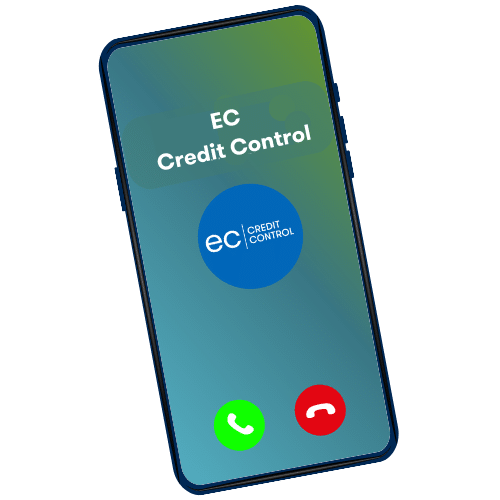
Thank you to our accounting software partner Xero for this great content.
There is a bit of paperwork and people who need to know about your new business. Here are a few fundamentals you need to know.
There are a few government departments that need to know about your business:
You’ll have some extra formalities to complete if you choose to set your business up as a company.
If you’re setting up as a company, you need to register with the Companies Office, which is run by MBIE. This can be quite an involved process.
For example, you’ll need to register shareholders and directors. You may even need to provide a company constitution. Companies are required to report their activities to the Companies Office every year.
You’ll need to give The NZ Companies Office some extra information if you want to register as an employer for tax purposes, including:
There may be some more to do if you’re entering a regulated industry. A caterer, for example, needs to be registered and have a food control plan – and possibly a liquor license. Speak to friends in the industry, or your industry representative body to find out if there are special requirements.
You can legally protect a business name and logo to prevent others from mimicking your identity. This can be a valuable step for businesses that plan to invest a lot in making their brand widely known.
This area of the law can get complicated – especially if you expand into overseas markets and find there’s a business there with a similar name. Ask for advice from a legal professional with experience in this area.
At the very least, use trademark registries (and search engines) to check that no one already has your business name. It’s an easy way to save yourself a lot of hassle.
Ensuring you have documentation such as Terms and Conditions of Trade in place is really important for a new business.
They will help you mitigate risk, and ensure you have a robust onboarding system in place to protect your cash flow.
We can tailor your contracts to your operation with our end-to-end solution.


Disclaimer: EC Credit Control does not provide accounting, tax, business or legal advice. This guide has been provided for information purposes only. You should consult your own professional advisors for advice directly relating to your business or before taking action in relation to any of the content provided.
Our business is NZ owned.
EC Credit Control (NZ) Ltd
